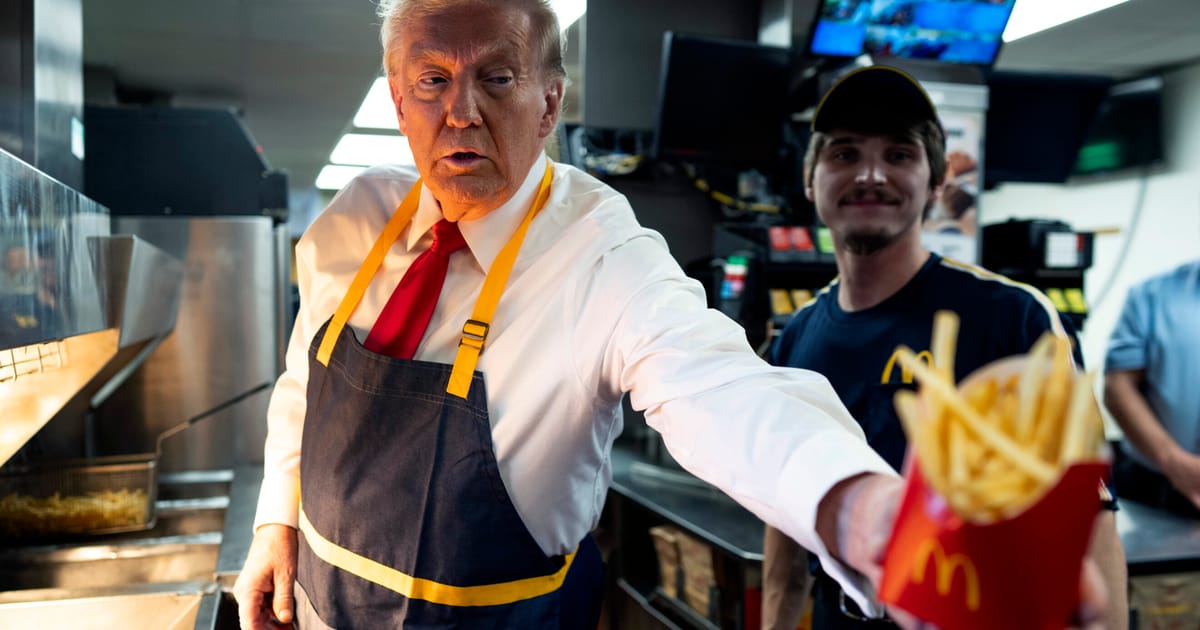In recent years, the company has been hit with its very own #MeToo movements. Last year Alistair Macrow, chief executive of McDonald’s U.K. and Ireland, told a parliamentary committee the firm had received 407 complaints “of all types,” of which 157 had been fully investigated with 17 categorized as sexual harassment. He said: “The cases are absolutely horrendous. What I’d like to be clear about is that we will tackle them and make sure that we do everything we can to eradicate them from the business. Nothing is more important.”
There have been protests against the chain’s environmental impact, concerns raised about obesity and ill health, and strikes over low wages.
But the chain has done much good as well, raising billions for charities and paying millions for employees to go through college.
For good or ill
One summer years ago, I worked in the Clapham High Street branch of McDonald’s, like Badenoch in south London, and like Harris to earn some cash during the long university vacation.
After a few weeks I realized a weird form of apartheid had emerged, with the young, white, female members of the crew pushed onto the cash registers, while older, male and minority members of staff languished behind the scenes.
There was compassion, though; elderly people knew they could come in and get a free hot drink, and stay as long as they liked. It’s a scheme many franchises around the world continue today, with little fanfare.
